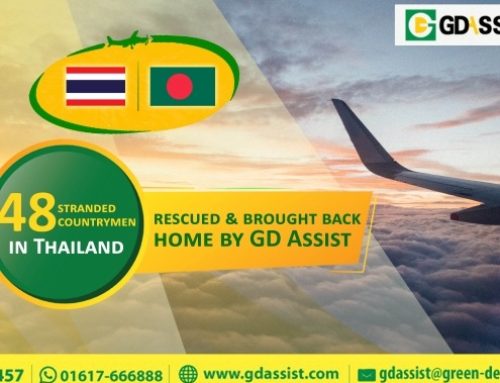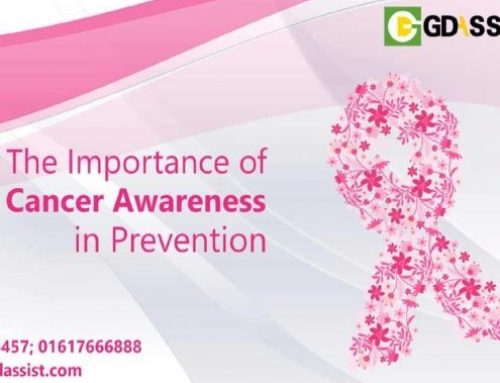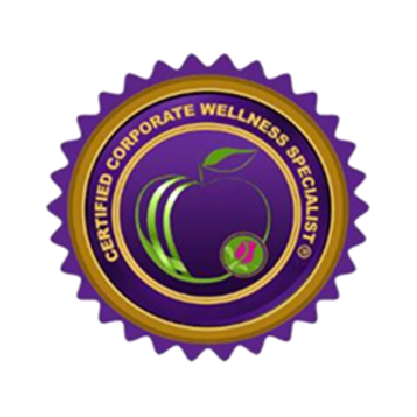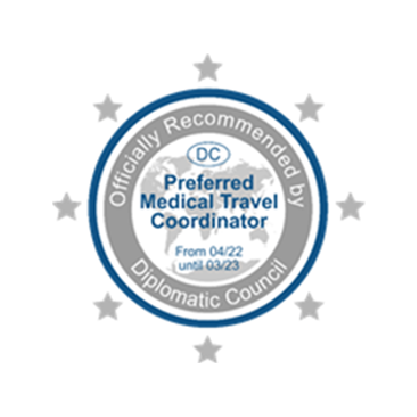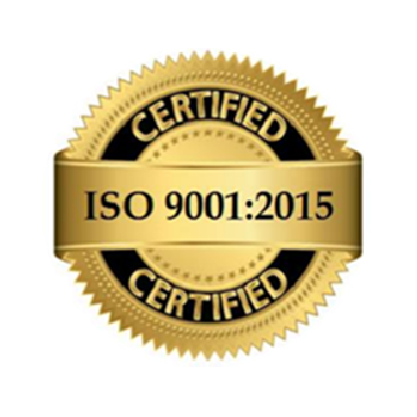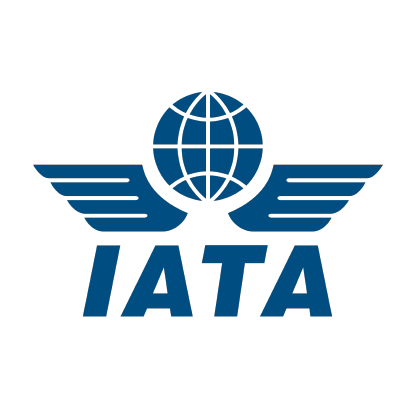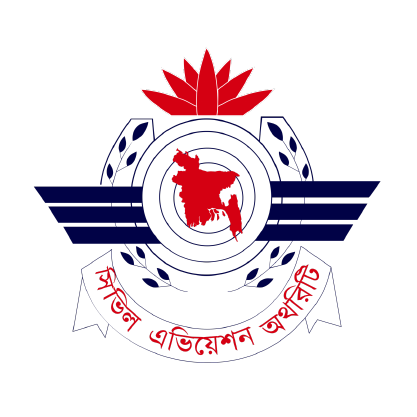Thailand: The world’s preferred healthcare destination
While on vacation, what would you rather do? Laze on the beaches, stroll along the promenade, enjoy the balmy evenings sipping ice tea, shop your heart out and sample the latest dish that has gone viral on Instagram, wouldn’t you?
Or would your idea of a vacation ever be of going to a hospital for treatment? A growing number of people are crossing international borders for receiving medical services ranging from a hip replacement to cosmetic surgery in such type of a country that is also the most fun holiday destination in the world.
Thailand: A vibrant medical ecosystem
Thailand’s economy comprises a robust and thriving medical industry that is among the largest in Southeast Asia and is renowned across the world. From the world’s leading medical tourism sector to vibrant sectors comprising those of pharmaceuticals and medical devices and implants, supplemented by academic research, the Thai medical sector is emerging as the preferred medical destination for foreign patients, promoting wellness and hospitality in a holistic way.
Relative to its Asian neighbours and compared to global leaders, Thailand has a large healthcare sector that is the priority of the Thai government. The country ranks ‘first’ in the ASEAN group in public healthcare expenditure with as much as 14 per cent of the Thai budget allocated to healthcare, which is much ahead of India and comparable to that of China. Sustained investments have thus catapulted Thailand to the forefront of Asian countries with the government committed to promoting healthcare that is at the cutting-edge, yet cost-effective in terms of affordability.
To showcase its intent, the government, along with the Thai Board of Investment, recently established a 10-year programme, ‘Thailand, a Hub of Wellness and Medical Services’ (2016-25) that is anchored on four major areas of:
- Wellness
- Medical services
- Academics
- Medical products
Thus, foreign patients visiting Thailand for treatment can not only expect a vibrant medical ecosystem but can also be assured in their belief of being provided with modern healthcare facilities that are safe and secure and pocket-friendly and high-impact.
Medical tourism: A mandate of Thai government
To supplement the government’s efforts, the Thailand Board of Investment has declared its support to push Thailand as the medical hub of Asia to provide medical services, latest medical technology and medicine and every activity related to modern medicine, alternative medicine and biotechnology.
The government is also making Thailand the medical hub of Asia as it is confident that Thailand has outstanding fundamental competitive advantages in the medical field and its human resource is recognised to be of international standards. Yet another objective is to encourage health establishments in Thailand to improve their services to higher standards. As per the latest figures, Thailand has 256 private hospitals with most of them internationally-accredited and 33 spas that are classified as world-class.
Given Thailand’s reputation for polite and attentive service, it is not hard to see why Bangkok has quickly become the medical tourism hub of Asia. Bangkok’s arterial Suvarnabhumi Airport is serviced by airlines from around the world, reasonably-priced hotel rooms abound, there is reliable public transportation and 30-day visas for many nationalities are easy to get upon arrival, all of which help to make a visit and stay efficient and effective.
Western accreditation is also a vital component for reinforcing patient confidence in undergoing foreign medical treatment and Bangkok’s Bumrangrad and Samitivej hospitals are among Southeast Asia’s first recipients of the United States’ prestigious Joint Commission International (JCI) certification, which is seen as the gold standard for healthcare service providers around the world.
Hospitals in Thailand are also popular with those who travel from neighbouring Asian countries to seek treatment. Bangkok Hospital, which specifically caters to medical tourists, has an entire Japanese wing, while Phyathai Hospitals Group has translators for 22 languages, including Swedish, Khmer and Flemish, as well as a team of English-speaking staff.
Thai healthcare is built around patient comfort
Some hospitals in Bangkok can feel like a shopping mall or a five-star hotel, offering VIP suites and also housing world-leading fast-food joints and cafés like McDonald’s and Starbucks.
Bangkok has the largest private hospital in Southeast Asia, Bumrungrad, which is a hub of medical tourism in Thailand with patients coming here for receiving treatment from all corners of the globe. Besides, in as early as 2002, Bumrungrad became the first hospital in Asia to be accredited by the JCI, which promotes rigorous standards of care in more than 90 countries around the globe.
It is evident hence that Thailand, together with Singapore and India, account for an estimated 80 per cent of the global medical tourism market and Thailand alone for about 40 per cent of this pool. Assessing its credentials as an international medical hub, the Thai government noted that the country led its Asian counterparts on service, matched India on cost and Singapore on quality of staff. Also, though Thailand and Singapore each had 13 hospitals accredited by JCI, over the past few years, Thailand outpaced this lead when 17 more Thai facilities received the endorsement as compared with Singapore’s nine.
With uncertain economic growth across regions, medical tourists are increasingly relying on treatment costs to make their travel decisions. Meshed with this reality is the fact that cost is where Thailand really excels. For instance, a heart bypass surgery, including a week’s stay in any of the leading hospitals in Bangkok, can be way cheaper compared to similar treatment options in the US for a patient without health insurance. Besides, Thailand also offers much lower waiting times which means that late diagnosis for ailments can be treated with urgency and without delays.
Thailand is the most affordable medical destination with many procedures costing 40-60 per cent less than the same treatment in the EU. The Tourism Authority of Thailand has reported that patients from Southeast Asia make up 80 per cent of Thailand’s medical tourists. Thailand has earned a strong reputation over the years by providing a wealth of procedures such as cosmetic treatments, dentistry and traditional Thai medicine.
Thailand: The lure of a vacation and off-time
Part of Thailand’s medical tourism success is due to its wider popularity as the world’s leading holiday destination. In addition to experiencing Thai hospitals and clinics first-hand, a large number of global travellers are enticed by the nation’s charming islands, pristine white beaches, breath-taking natural landscapes and a wide variety of shopping and entertainment destinations that has helped Thailand emerge as a complete ‘package’ for healthcare and wellness while assuring patients and their families some much-needed off-time to beat stress.
Committing to airfares, accommodation, out of network or uninsured medical bills and time-off work is a big decision for travellers to make. Yet it seems for many, the benefits and savings outweigh the risks as medical tourists throng Thailand to seek treatment for ailments, for general check-ups and for cosmetic medical procedures.
At GD Assist, we are specialised in medical tourism for Thailand with our strong network alliance with hospitals around the nation and other air and surface logistics providers that enable our customers to choose a wide variety of packages depending on their budgets and requirements.
So call GD Assist today for an appointment.
Hotline: 16457; +8801617666888. Email: gdal@green-delta.com
Website: gdassist.com
